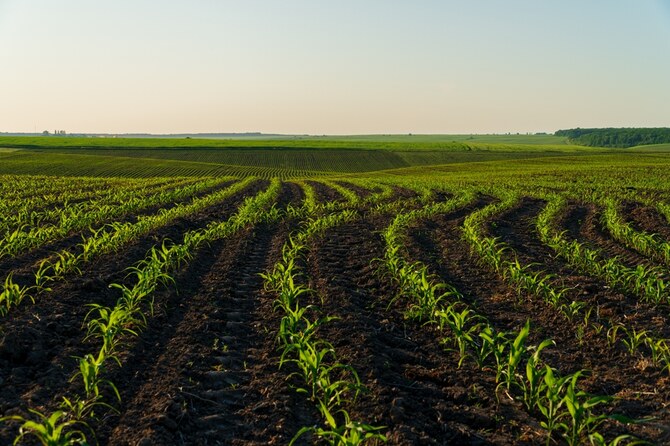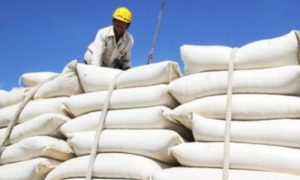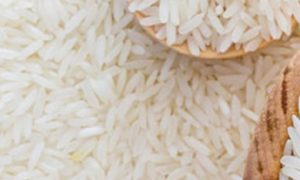Pakistan Agriculture revival cannot be delayed

Pakistan’s agriculture sector is declining, with major crop output down and GDP growth falling to 23%, sustained mainly by livestock. Experts urge reforms: switching to hybrid rice and sugar beet, reviving mobile agri-credit officers, and promoting low-delta crops. Replacing sugarcane with sunflower and canola could reduce the \$10 billion food import bill and improve food security.
RECENT data has indicated that major crops are witnessing a rapid negative growth, while the gross domestic product (GDP) growth has seen a decline by one per cent, and stands at 23pc mainly due to successes in the livestock sector, although experts doubt the headcount mechanism of different categories of animals.
The failure of the agriculture sector will lead to food insecurity, poverty in rural areas, and reduction in foreign exchange earnings. There is every reason for the government to get this sector back on track. It was this very sector that saved Pakistan economically, with the growth of 6.3pc, as was noted in the 2023-24 Economic Survey.
Given its agricultural value, wheat is the principal and most favoured crop of the farmers, which covers about eight to nine million hectares. As such, more than 1,600 flour mills operate across the country, whereas a large number of small machines (flour chakkis) are operated at the village level.
Provincial governments, in consultation with the flour mills association, should allocate designated areas to every flour mill to disseminate technical know-how for increasing per-unit output. For this, they may recruit agriculture graduates to meet the goal.
Governments should provide loans for basic inputs to farmers either through the designated mills or through banks. The same can be recovered from them when the mills make procurements. Besides, there should be proper agree-ments between the mills and the farmers so that the produce may be picked at an optimum price without any delay or uncertainty.
Sugarcane is another long-duration, high-delta crop, which is grown over 1.3 million hectares of land, producing 90-100 million tonnes of cane. This, in turn, produces about eight million tonnes of sugar. This sweetener is more for local consumption than exports. Its disposal is always problematic for the farmers.
This can be replaced by sugar beet. In the 1960s and ’70s, sugar beet was cultivated in Khyber Pakhtunkhwa (KP), and all sugar mills had crushing units. Sugar beet consumes less water compared to cane, has a short duration, and the output is double than that of cane.
One of its byproducts is used as animal feed, which helps in improving milk production. The only obstacle is installing an extra unit for its crushing. The govern-ment should consult the Pakistan Sugar Mills Association (PSMA) and sort out this issue.
Like sugarcane, rice consumes more water. Local coarse varieties should be replaced by hybrids, which will double the yield of existing varieties. Similarly, cotton, owing to the climate change phenomenon, faced low production of 0.4 million bales this year. The government may ask scientists, planners and those associated with the relevant industries to develop varieties to resist such hazards.
In the early 1970s, all national banks had recruited an agriculture graduate as a mobile credit officer to reach farmers and acquaint them with the latest scientific crop husbandry to increase their per-unit yield and provide credit. The same can be done again.
It is essential to shift to low-delta crops and a sprinkler irrigation system to prevent flood irrigation. Furthermore, floods disrupt standing crops and endanger the lives of farmers. Urgent actions should be taken to conserve floodwater and construct water storage dams.
The import bill of food items is a whopping $10 billion of which edible oils alone consume more than half the amount. This is the second highest import after petroleum. This can be reversed phase-wise, and on the area saved from sugar-cane, sunflower and canola can be planted.
The national agriculture sector is quite resilient, and surely has the potential to respond and help Pakistan get rid of the International Monetary Fund (IMF).
To Read more about Agri News continue reading Agriinsite.com
Source : Dawn

















